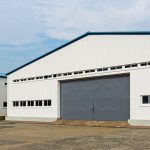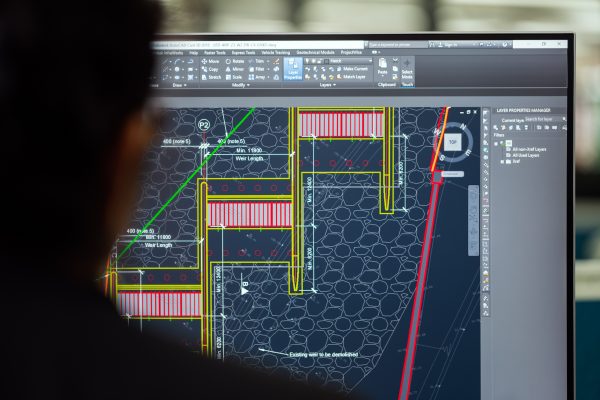Porcelain is a fantastic material if you are looking to create a beautiful and hardwearing patio and terrace. Porcelain paving can be a great starting point to meet the needs of your house. You can use it to expand paved terrace to accommodate a large outdoor dining table or if you want a seating spot tucked away in a corner of the garden with space for a couple of deckchairs.
Porcelain slabs paving can be great starting point to meet your needs. Let us have a look at the pros and cons associated with it so that it makes it easy to select the right product for you.
Pros and Cons of Porcelain Paving
Continue to read about the advantages and disadvantages of porcelain paving. The paving selected by you should form just a part of your patio design as a whole. Remember that the material chosen should fill the space that will form the backdrop of everything else. Also, the selected paving material will decide how much maintenance work you will need to put in.
Pros of Porcelain Paving
Some of the advantages of Porcelain paver include –
- Good Longevity – By laying a high quality of porcelain tiles with good bedding, it can last for decades and in some cases up to 50 years.
- Frost Proof – Porcelain tile has low porosity and is not affected by extreme temperatures.
- Wide Range – Porcelain tiles comes in a variety of sizes, massive range of colours, patterns and textures. Inkjet printing technology is used by manufacturers to achieve a range of effects like wood and natural stone.
- Durable – The Porcelain slab is made of dense natural clays and some additives. The temperature of up to 760 degree centigrade is used and one gets durable material with low water absorption.
- Low Maintenance – Porcelain slabs requires no sealing due to low porosity and hence it is easy to clean with a mop and water.
- Fireproof – Porcelain is made of fire proof material and can be used where you want a fire pit or barbecue.
- Slip Resistant – Porcelain slab have moisture-resistant qualities, algae, moss ad mould does not build up on porcelain slabs and thus prevents it from slippery.
- Fade Resistant – When exposed to sunlight, porcelain slab fade over time.
Cons of Porcelain Paving
Some of the disadvantages of Porcelain paving are –
- Hard to Cut and Drill – Porcelain tiles are high in density and hence specialist tools are needed to cut them is size.
- Tricky to Lay – Porcelain tiles can be a little fiddly to lay. The slab is thinner in size and the bed laid should be of an adequate depth and properly compacted. A final layer of sand need to be leveled carefully.
- Expensive – Laying of Porcelain slab is expensive in comparison to other sandstone varieties.
- Brittle – Porcelain paving is made of brittle material and so if they are not laid properly, it can crack under pressure.
Summary – You now know the pros and cons of porcelain slab. Using of porcelain slab for your outdoor floor tiles far outweigh the negatives. Order online and see the benefits for yourself.
If you have any question about our porcelain slabs by Premier Porcelain, please get in touch with our Customer Service Team.










